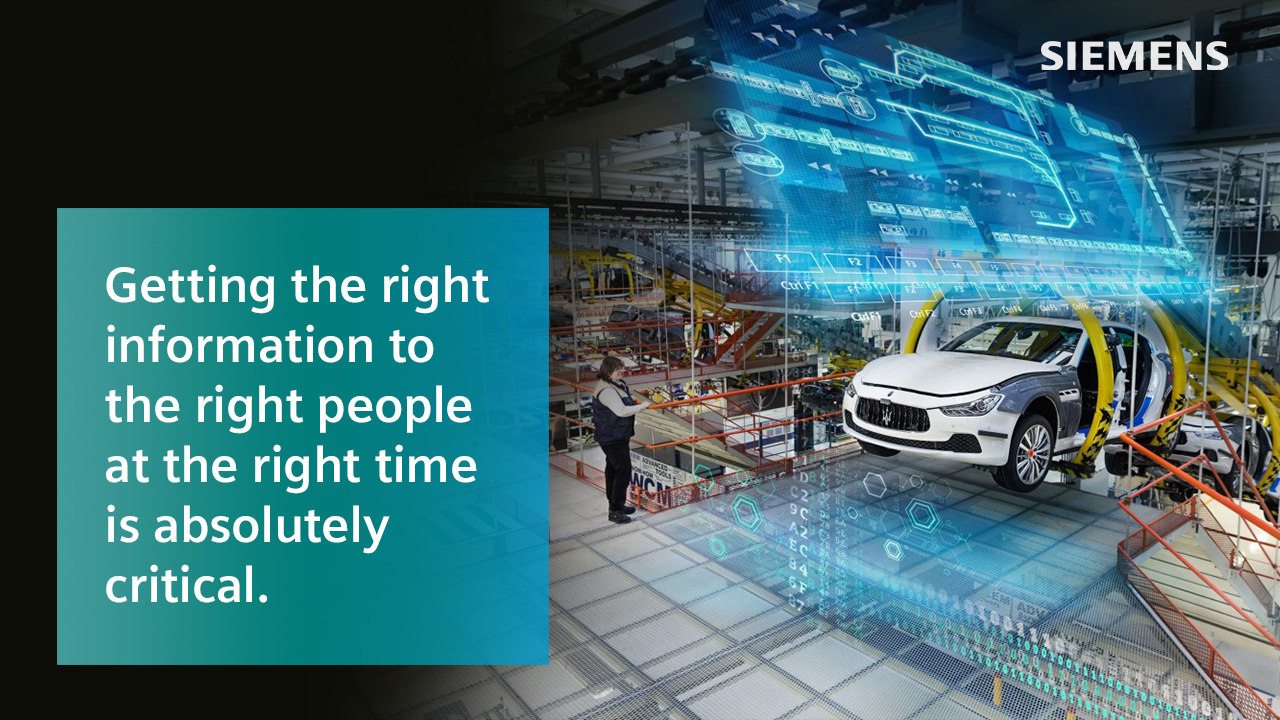Accelerate your Product Development through Digital Transformation

The automotive landscape has undergone a revolution in technology demands in the last two decades. Today, automakers are able to integrate cutting edge silicon chips, space and energy efficient electronics, and powerful software into their vehicles. As a result, differentiation in the modern automotive industry is no longer derived from mechanical and physical design, but by the vehicle features and functionality that embedded chips, electronics, and software deliver. Indeed, analogizing today’s vehicles to ‘smartphones on wheels’ has never been closer to reality.
This fundamental shift in the automotive market, in concert with other megatrends such as vehicle electrification, is creating a new competitive landscape for automotive OEMs. Automakers must launch innovative and feature-rich products faster to capture market share earlier, or fall behind. To keep up with these aggressive demands, they must also develop new technologies faster, more cost effectively and with less budget and fewer resources. In other words, the mandate for automakers today is to “do more with less – faster”. Without the ability to embrace this new level of complexity, carmakers will jeopardize their position in the automotive landscape of tomorrow.
While getting products to market quickly has always been important, new factors are accelerating the pace of innovation today and in the future. Technology advances are ocurring faster than ever to keep up with CO2 reduction mandates, customer demands for new features, and the transition to electric powertrains. So, a key challenge for automotive OEMs is to support the development of new and complex products on accelerated timelines. At Siemens, we have found that the solution to this challenge is to rethink the product development process, embracing digitalization to enable faster and more innovative vehicle design. Digitalization, or digital transformation, offers key benefits to automotive OEMs developing the vehicles of tomorrow. It establishes connections between previously siloed teams or departments and the entire automotive supply chain, eliminating data flow problems and reducing mistakes or miscommunications. It also enables virtual design verification and validation early in the development lifecycle to drive optimziations and ensure the satisfaction of requirements. And it can integrate artificial intelligence into product development to help engineers generate cutting-edge designs and concepts faster than ever.
In sum, by beginning a digital transformation, automotive companies can accelerate their product development processes to deliver more exciting and innovative products on aggressive schedules, all while consuming fewer resources and less budget. To learn more about the details of such an approach, you can listen to our new episode of the Future Car podcast below:


